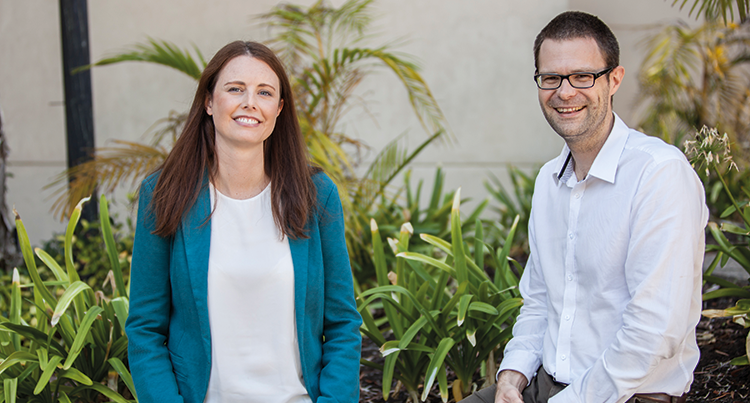Search
Alexithymia is characterised by difficulties identifying and describing feelings, as well as a lack of focus on feelings. Alexithymia is a transdiagnostic risk factor for developing a wide array of psychopathologies, such as anxiety and depression, with a key hypothesised mechanism being the impairing impact of alexithymia on emotion regulation competency. However, no study has tested whether difficulties with emotion regulation mediate the link between alexithymia and psychopathological symptoms using longitudinal designs.

Professor Andrew Whitehouse tells how Australia’s first national guideline for the diagnosis of autism spectrum disorder is going to transform the way the condition is assessed and managed, vastly improving the experience for families.
Anxiety and sleep problems may be an early indicator of autism in young children and early autistic traits may also contribute to anxiety problems later in childhood
Using a novel methodological approach, these findings provide evidence for the contention that affective processing underlies rapid facial mimicry reactions
Our findings contribute to the genotype–phenotype data for atypical nested 22q11.2 duplications, with implications for genetic counseling
Performance on neuropsychological measures may be useful for predicting persisting post-concussion symptoms
Mini‐commentaries on what they considered to be the current gaps in research on autism spectrum disorder
In this population-based cohort that included 2,084 children with autism aged ≤6 years, over one-third met the criteria for motor difficulties
While early exposure to alcohol may influence the development of facial structures, it does not appear to be associated with ASD phenotypic variability
Despite being highly prevalent among people with autism, restricted and unusual interests remain under-researched and poorly understood. This article confirms that restricted interests are very frequent and varied among children and adolescents with autism. It also further extends current knowledge in this area by characterizing the relationship between the presence, number, and type of restricted interests with chronological age, sex, cognitive functioning, and social and communication symptoms.
